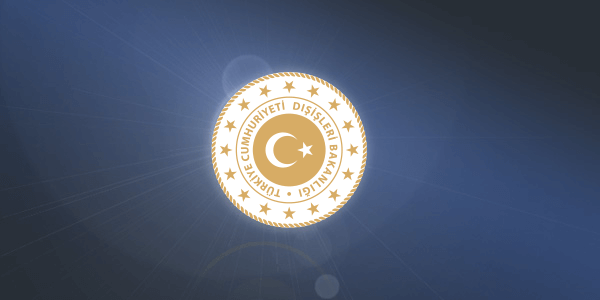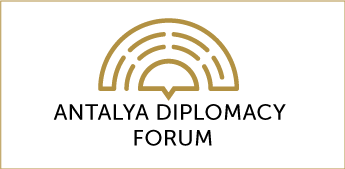- The Turkish Embassy in Wellington opened a bank account for those who wish to contribute to Türkiye's ongoing response to the devastating earthquakes. Turkish Embassy in Wellington 10.02.2023
- Press Release by the Embassy of the Republic of Turkey in Wellington. Turkish Embassy in Wellington 23.03.2019
- Message by President Recep Tayyip Erdoğan on the occasion of August 30th Victory Day Turkish Embassy in Wellington 30.08.2018
- Article by H.E. Mr. Mevlüt Çavuşoğlu, Minister of Foreign Affairs published in Le Monde entitled “Turkey: The best ally for the security of Europe”, 20 March 2018 Turkish Embassy in Wellington 23.03.2018
- No: 25, 1 February 2026, Regarding the Eighth Meeting of the Türkiye-Kazakhstan Joint Strategic Planning Group Republic Of Türkiye Ministry Of Foreign Affairs 01.02.2026
- No: 24, 1 February 2026, Regarding the Landslide at a Mine in the Democratic Republic of the Congo Republic Of Türkiye Ministry Of Foreign Affairs 01.02.2026
- No: 23, 31 January 2026, Regarding Israel’s Attacks on the Gaza Strip Republic Of Türkiye Ministry Of Foreign Affairs 31.01.2026
- No: 22, 31 January 2026, Regarding the Terrorist Attacks in Pakistan Republic Of Türkiye Ministry Of Foreign Affairs 31.01.2026

Monday - Friday
09:00 - 12:30 / 14:00 - 17:00
Consular Section Appointment Hours: 09:00 - 12:00 - 13:00 - 16:00
Holidays 2026
| 1/19/2026 | 1/19/2026 | Wellington Anniversary Day |
| 2/6/2026 | 2/6/2026 | Waitangi Day |
| 3/20/2026 | 3/20/2026 | First day of Feast of Ramadhan |
| 4/3/2026 | 4/3/2026 | Easter Monday |
| 4/6/2026 | 4/6/2026 | Good Friday |
| 4/27/2026 | 4/27/2026 | ANZAC Day |
| 5/27/2026 | 5/27/2026 | First day of Feast of Sacrifice |
| 6/1/2026 | 6/1/2026 | King's Birthday |
| 7/10/2026 | 7/10/2026 | Matariki |
| 10/26/2026 | 10/26/2026 | Labour Day |
| 10/29/2026 | 10/29/2026 | Turkish Republic Day |
| 12/25/2026 | 12/25/2026 | Christmas Day |
| 12/28/2026 | 12/28/2026 | Boxing Day |
| 1/1/2027 | 1/4/2027 | New Year's Day |
+ 90 312 292 29 29






 INVEST IN TÜRKİYE
INVEST IN TÜRKİYE